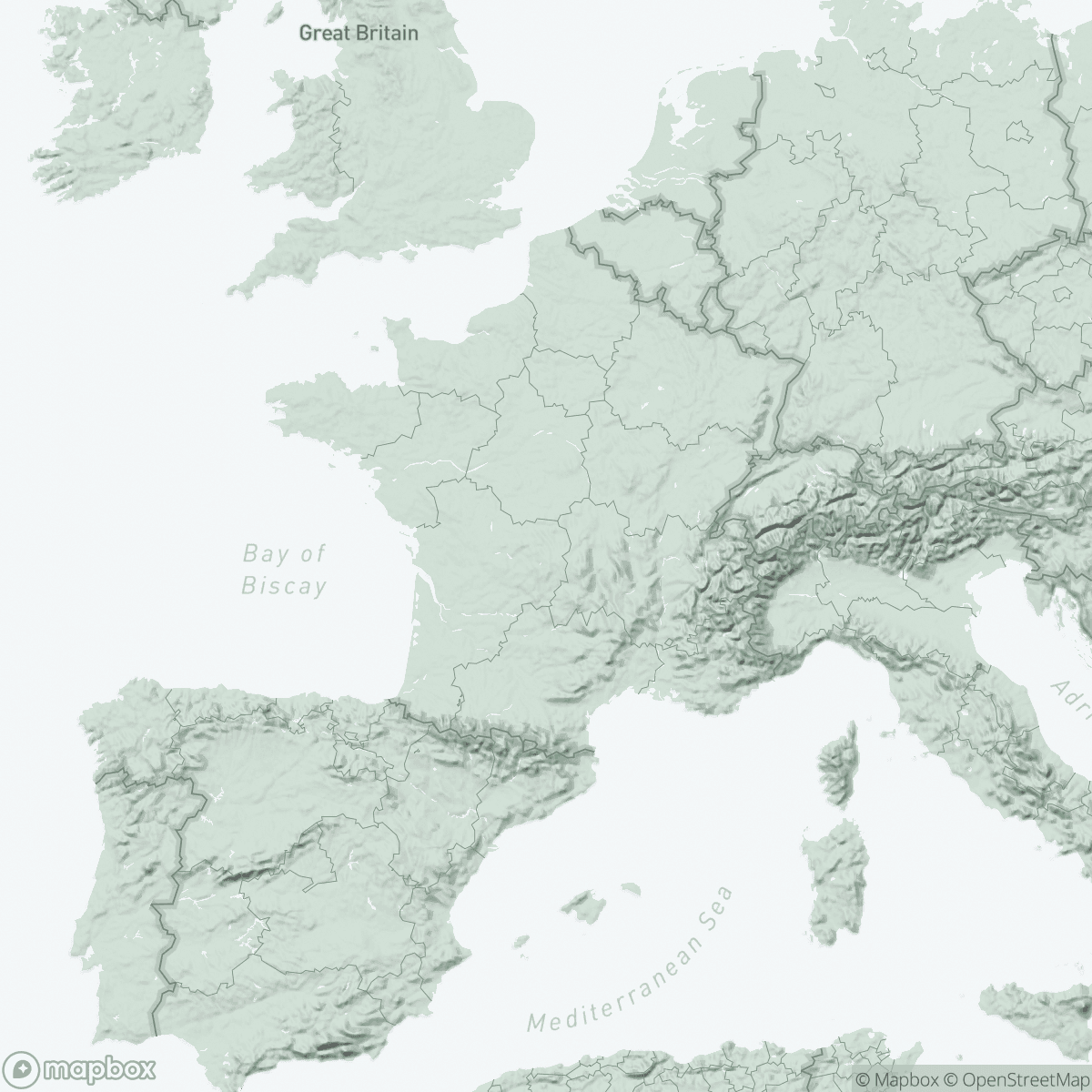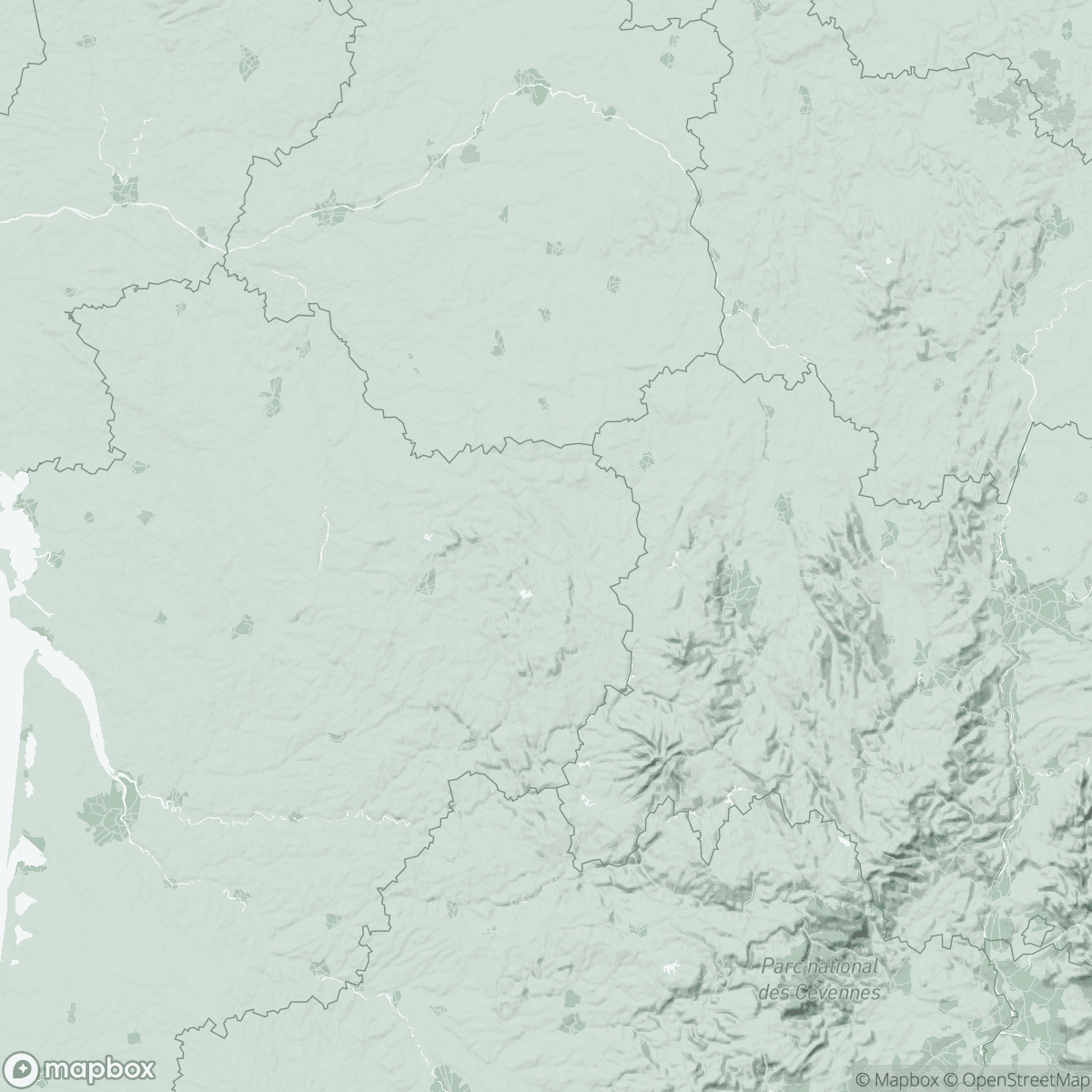
Calais: MSF supports the survivors of shipwrecks in the Channel as the State fails to act
In 1 click, help us spread this information :
2024 has been the deadliest ever year for France’s northern coast, with at least 75 people dying in attempts to cross the Channel. But instead of providing the protection and shelter that would help the survivors of the sinkings, the French authorities have responded only by tightening security measures. Médecins Sans Frontières (MSF) is compensating for the shortcomings of the French emergency services by offering medical and psychological help to survivors abandoned by the State.
When the boat sank, we were left in the water waiting for help for a long time. I was holding my sister’s hand but by the time the rescue boat arrived, it was too late... she was already dead,” says Ahmad*, an MSF patient and survivor of one of the deadliest sinkings of the year, in which at least 12 people died on 3 September.
Like Ahmad, many people who have survived a sinking or an attempt to cross the Channel find themselves alone, after seeing their loved ones swallowed up by the water. Ahmad received no psychological support from the authorities, and the day after the sinking, his tent was seized during an operation to dismantle a camp in Calais.
“Psychological treatment in the hours or days following a potentially traumatic event is essential to deal with the initial symptoms and prevent the occurrence of post-traumatic stress. First, survivors need shelter and a safe space that meets their physiological needs, so that they can express what has happened to them in emotional terms; then, they can be offered medical and psychological help,” explains Chloé Hannebouw, a psychologist for MSF in Calais.
A failure of care
In theory, the prefecture of Pas-de-Calais has designed a special humanitarian assistance protocol to care for the survivors of shipwrecks on the northern coast. This states that the most vulnerable survivors are entitled to shelter and that all should be given dry clothes, as well as medical and psychological support. However, despite these commitments and the emergency systems in place, public services often struggle to provide medical and psychological support appropriate to survivors’ urgent needs.
The lack of available resources is a choice by the French state to militarise and secure the border rather than providing a decent reception. The lack of training provided to the medical and psychological teams who work with survivors, the shortage of mediators and interpreters, and the inadequacy of emergency accommodation – which is essential to avoid people being left to wander the streets after the accident and therefore unable to get the care they need – are the main obstacles to implementing an adequate response.
“Migrants, asylum seekers and refugees rarely seek help proactively. Having to go to specific places to get support is often a barrier, as they aren’t familiar with the French care system or the language, and are often afraid of being arrested and expelled,” explains Chloé Hannebouw.

Essential psychological and medical care
Since January, Chloé Hannebouw has treated 86 patients, 26 of whom have witnessed or survived a shipwreck or attempted crossing, or have suffered other traumatic events. The patients treated by MSF present symptoms such as flash-backs, nightmares related to the traumatic incident, repetitive, invasive memories and recurrent negative thinking. The suffering associated with these symptoms is sometimes so intense that it leads to suicidal thoughts.
As well as psychological distress, the MSF medical team treats injuries and other problems, such as wounds that have become infected because of the lack of immediate treatment after a sinking, exacerbated by unhygienic living conditions. “Patients present with burns caused by their skin being in prolonged contact with a mixture of fuel and sea water, or an explosion on the boat. Incidents are frequent: I recently met a patient whose arm had been injured by a boat’s propeller blade,” says Élise Houard, a nurse for MSF in Calais.
Instead of improving and strengthening the humanitarian assistance scheme designed for shipwrecks, the French authorities are pursuing a policy of deterrence by depriving people on the move of the essential help they need. “How is it possible that people who are traumatised and in mourning are left to wander the streets of Calais alone, without shelter or support, after one of their loved ones has drowned? Depriving them of shelter and refusing them medical and psychological assistance on the pretext that they want to go to the UK is both cynical and scandalous,” according to Feyrouz Lajili, MSF project coordinator in Calais.
*Name changed to protect the person’s identity.



